Now Reading: Can Menopause Be Delayed? Scientists Explore Ways to Slow Ovarian Aging
-
01
Can Menopause Be Delayed? Scientists Explore Ways to Slow Ovarian Aging
Can Menopause Be Delayed? Scientists Explore Ways to Slow Ovarian Aging

Rapid Summary
- Researchers are exploring ways to delay or end menopause, moving away from treating it as inevitable.
- Key figures in this field include Kutluk Oktay (Yale School of medicine) and Zev Williams (Columbia University Fertility Center).
- Current interventions being studied include:
– Ovary cortex preservation surgery: Tissue is frozen and later transplanted back to prolong ovarian function.
– Rapamycin drug therapy: Targets the aging pathway in cells to slow ovarian reserve depletion.
– Other approaches involve cell regeneration via stem cells, senolytics, and compounds boosting cellular energy production.
- Menopause leads to bone density loss,cardiovascular risks,body composition changes,and affects mental health.Delaying it could perhaps reduce these issues while extending fertility and hormones’ lifespan.
- Ethical considerations arise regarding prolonged fertility years and risks such as potential cancer links due to extended estrogen production.
Images included:
 Read More
Read More
Indian Opinion Analysis
The efforts to delay menopause signal a notable shift in how society perceives women’s aging processes. By addressing ovarian aging scientifically, researchers may pave the way for improved quality of life for women during their later years. Delaying menopause could help reduce health concerns like osteoporosis or dementia while increasing longevity.
from India’s perspective:
- Access-Innovations in delaying menopause may challenge healthcare equity if advanced treatments remain costly. With affordability being key for adoption among women across socioeconomic strata in India, ensuring integration with public health systems will be critical.
- Social Implications-Extending reproductive lifespans might also influence conversations around childbearing age expectations amidst India’s societal pressures on early motherhood.
Venturing into this niche area raises crucial ethical questions about risks vs benefits that India’s scientific community should proactively engage with before seeking broader application locally.
























